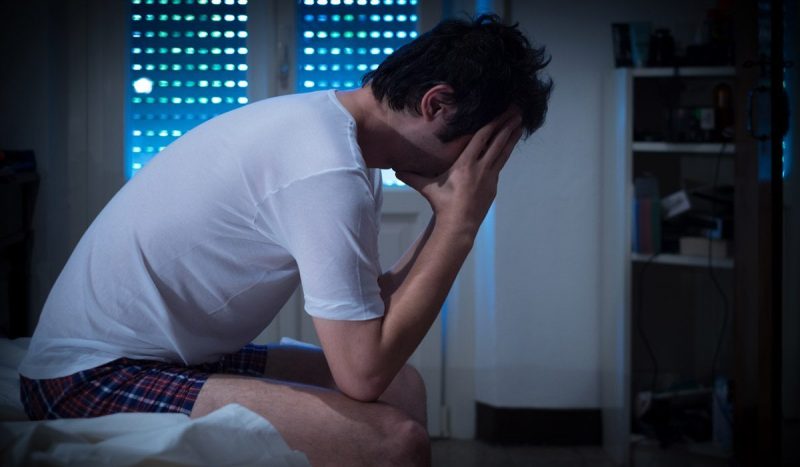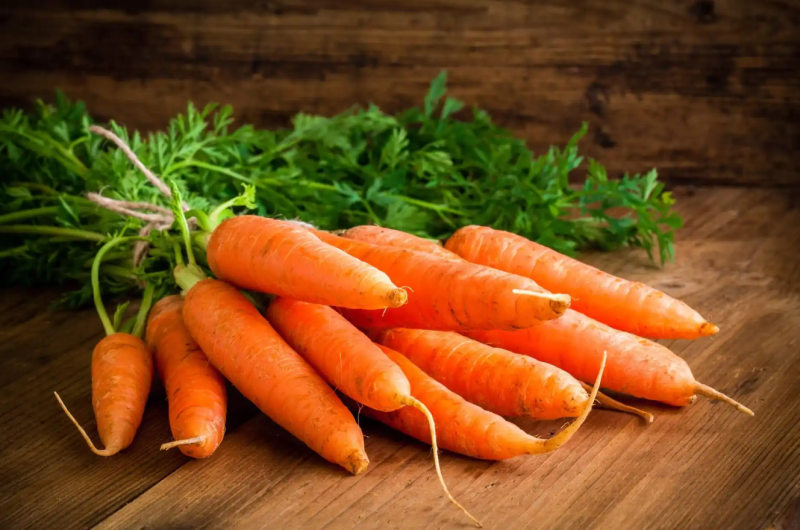
Orange stools are a variation of the usual color , which usually tends to be dark brown. They are produced by eating foods that contain yellow, red, or orange (regardless of whether it is a natural or artificial color), by taking certain medications, and in sporadic cases, it is associated with medical conditions that alter transit.
The most common pathologies that cause orange stools are short bowel syndrome, irritable bowel syndrome, and bile duct disorders (bladder stones). Learn more about them and how to avoid them.
Contents
Causes of orange stool
The color of the stool will depend on the food consumed, the digestion process, and bowel movements. During absorption and intestinal digestion, the color of the seat varies from green and yellow-orange to brown, the hue depending on the presence of bile and bacteria.
Food and supplements
Orange stools can be caused by eating red, yellow, or orange foods. The coloring of the products can be natural or artificial. In the case of the second, they tend to be more intense and long-lasting tones.
Foods associated with orange stools are those rich in beta-carotene. Beta-carotenes are a type of carotenoid substance that varies between red, orange, and yellow. It can be found in vegetables, fruits, grains, and oils.
Some foods rich in carotenoids are the following:
- Apricot.
- Tangerine.
- Orange.
- Carrot.
- Cilantro.
- Yams.
- Turmeric.
Also, beta-carotene can be found in vitamin A. Aluminum hydroxide is another supplement that can also cause orange stools and can be found in antacids.
Excess consumption of beta-carotene can cause carotenemia. Carotenemia is a benign, easily recognizable condition manifested by asymmetrical yellowing of the skin and mucous membranes, especially in children.

Medicines
Medications that can cause orange stools include:
- Antacids: due to their aluminum hydroxide content.
- Orlistat: is a drug indicated for obesity.
- Rifampicin: an antibiotic .
- Antidiarrheals: they do not cause orange-colored stools due to their composition but because they modify intestinal transit.
Bile is produced in the liver and is transported through the hepatic ducts to the gallbladder. There it is stored and later transported to the intestine.
Bile salts are involved in the digestion of food, and a decrease in their production or blockage of their release can cause orange-colored stools.
Problems in the liver cause a decrease in the production of bile. At the same time, the blockage of its release may be due to stones in the gallbladder, inflammation of the bile ducts, cysts, or tumors.
The presence of orange urine, yellow skin, mucous membranes, pain on the right side of the abdomen, and stools that turn pale and orange should lead to suspicion of biliary involvement.
Other medical causes
Irritable bowel syndrome, diarrhea, and short bowel syndrome can cause orange stools by the exact mechanism of affectation that changes the concentration of bile salts. However, in these cases, the explanation is that intestinal transit is high-speed, which prevents bile from being absorbed properly.
Is it necessary to go to the doctor for orange stools?
In general, when orange stools are caused by excess beta-carotene in the diet, this only has a temporary effect of 1 to 2 days of persistence. Therefore, medical evaluation or any specific treatment is not required.
However, a medical evaluation is required if abnormalities related to bile salts are suspected. You should see a doctor when there are concurrent signs, such as abdominal pain, blood in the urine, or the same stool.